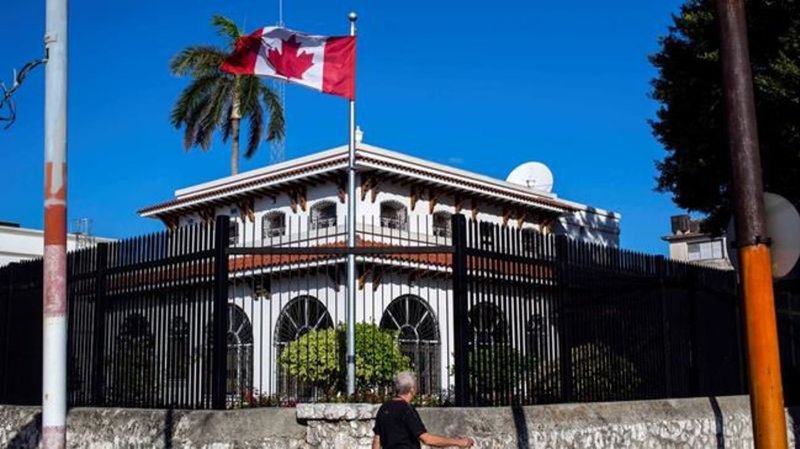
Former Supreme Court judge tabbed to help settle several ‘Havana Syndrome’ claims
OTTAWA — Former Supreme Court justice Thomas Cromwell will mediate claims against the federal government from nine family members of Canadian diplomats who suffered unexplained ailments in Cuba.
The development is a step toward resolving some elements of a Federal Court action filed in 2019 by diplomats and dependants — now numbering 18 plaintiffs — who seek millions of dollars in damages from the Canadian government after becoming mysteriously ill while posted to Havana.
They have reported difficulties since 2017, including headaches, loss of memory, inability to concentrate, cognitive and vision problems, noise sensitivity, dizziness, nausea, sleep disturbances, mood changes and nosebleeds.
As of July last year, Global Affairs Canada said 15 Canadians had received a confirmed working diagnosis of ”acquired brain injury.”


